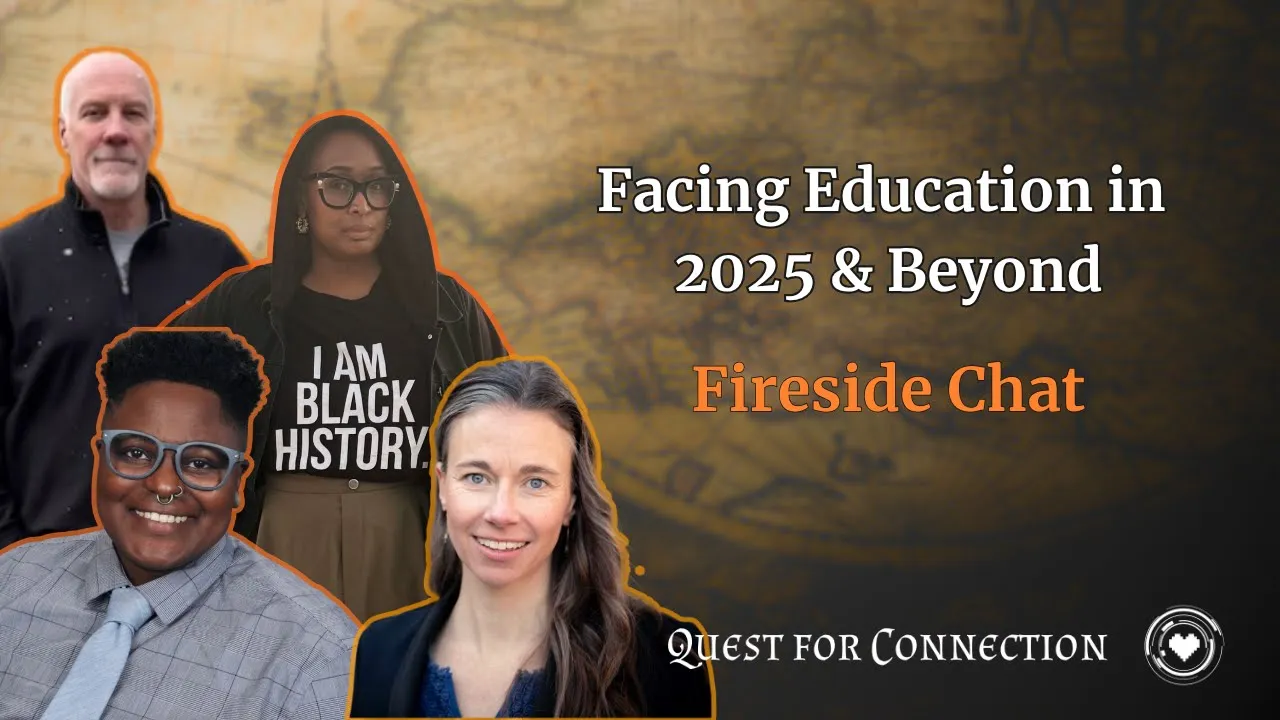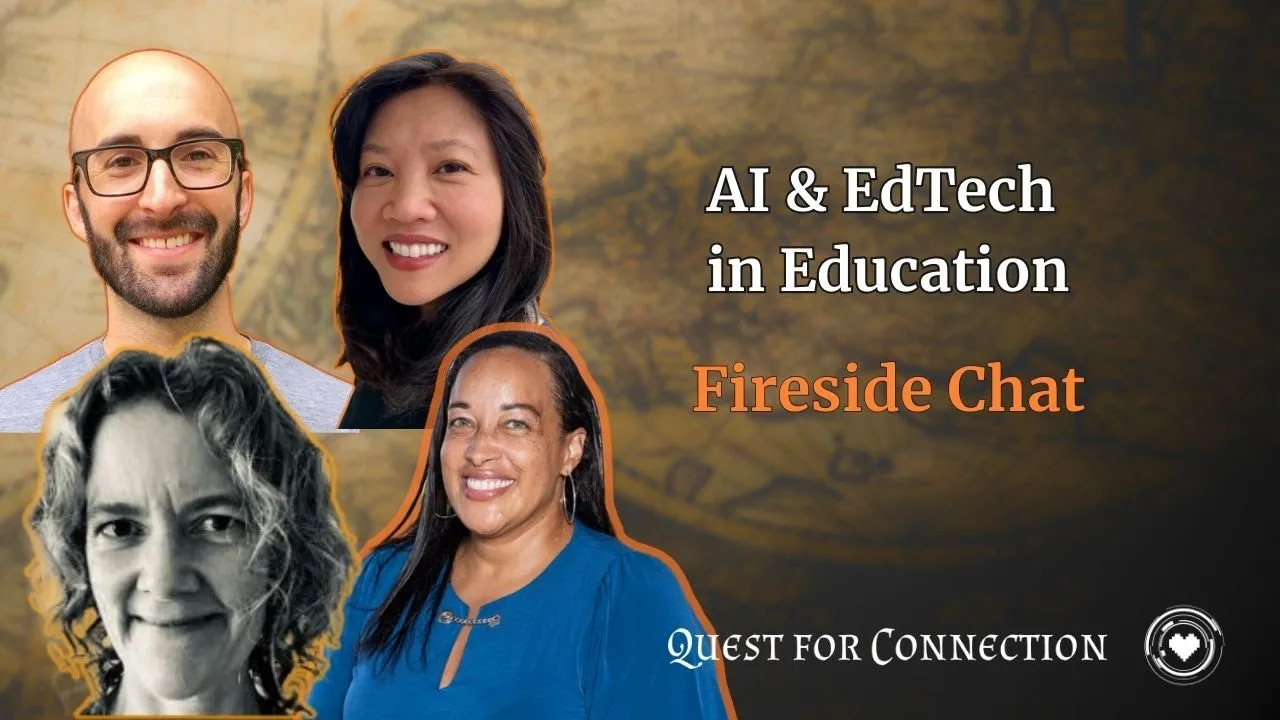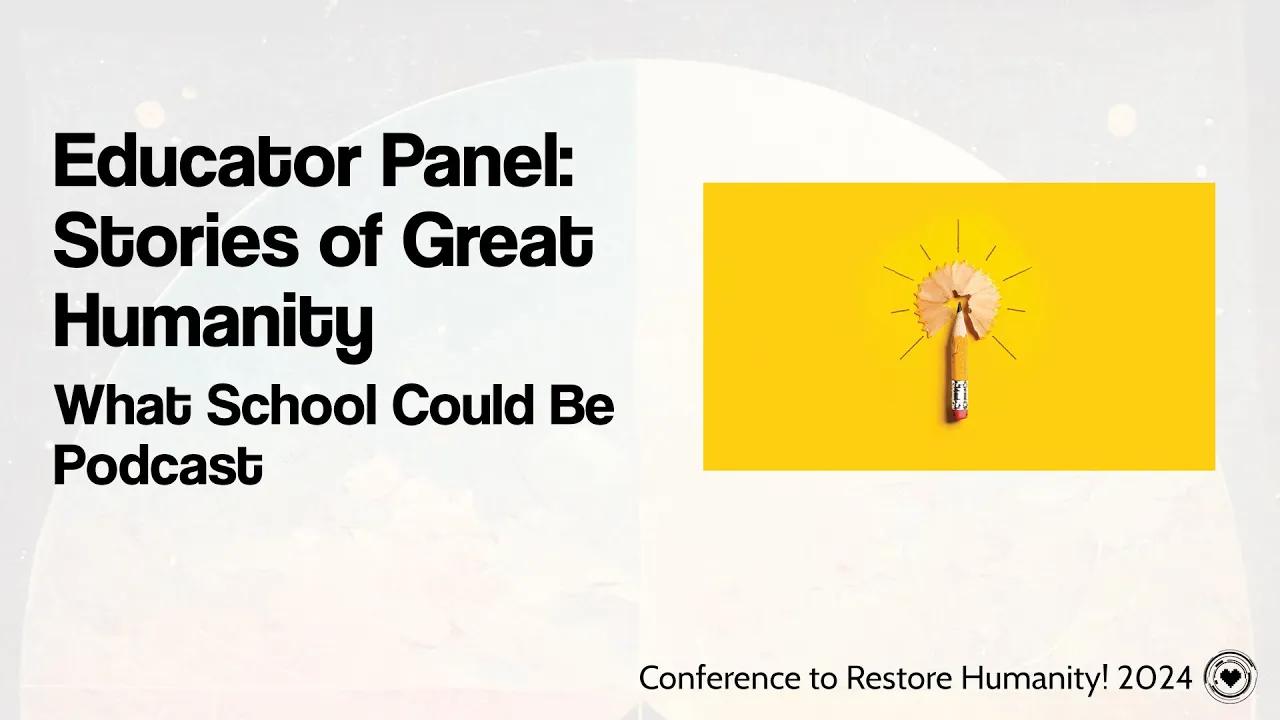
daily dose of research
Alfie Kohn's WebsiteWebsite
Org
A series of (almost entirely) free articles written by progressive educator Alfie Kohn.

featured contributor
Michael Weingarth
Discover a transformative collection of resources, videos, and learning tracks curated from Conference to Restore Humanity! held each year.
All resources are available for free under a Creative Commons attribution, non-commercial, share-alike international license unless otherwise noted. Due to our wonderful supporters and sponsors, CTRH! is one of the only conferences that freely shares nearly all of its resources. Support us to keep this work free!

Conference to Restore Humanity! features keynote speakers who are visionary pioneers, change-makers, and educators pushing for change. Each keynote session contains a pre-recorded video address, followed by a live 1-hour Q&A.
These workshops provide educators with insights and skills in pedagogy, teaching, and related fields.
These events showcase explorations of innovative teaching approaches.

Chanea Bond, Maria Munro-Schuster, Lucket Kiche, and Will Richardson
2025

Audrey Watters, Shana V White, Vy Dao, and Charles Logan
2025

What School Could Be
2024
HRP is seeking organizational partners for CTRH! Partner with us to amplify your organization toward a praxis of social justice. Previous sponsors include: